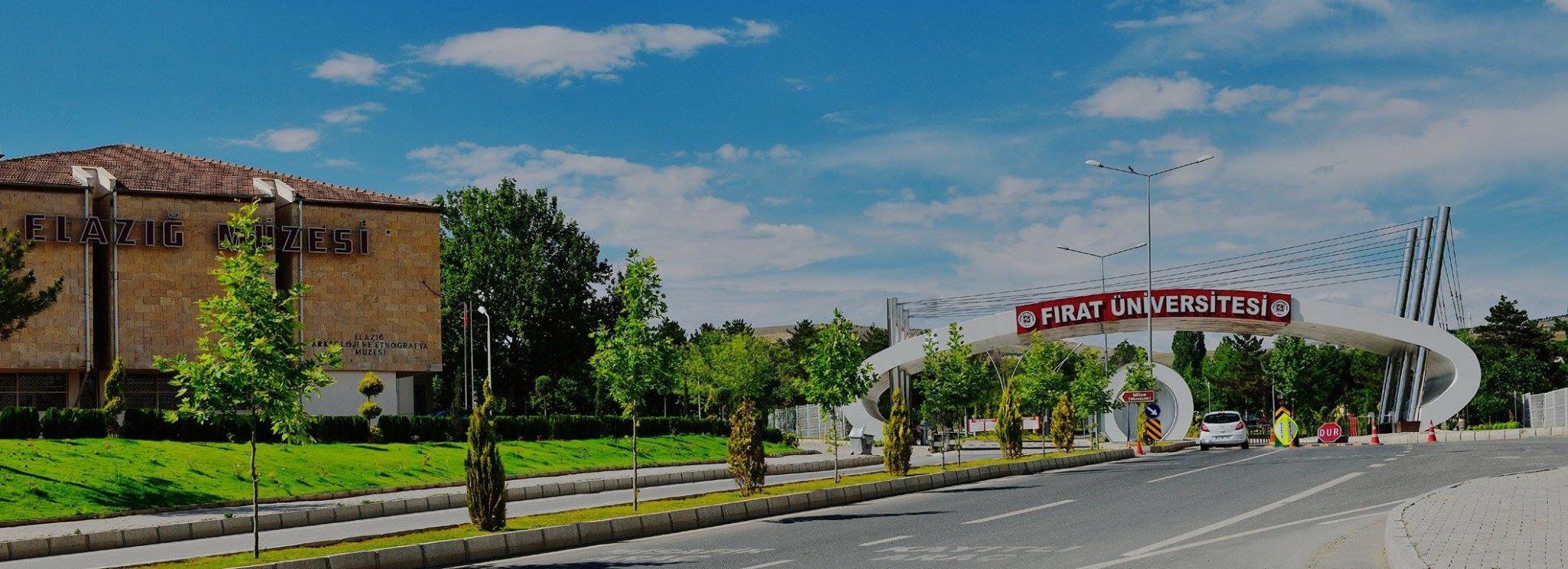
Our Department
Natural Gas and Installation Technology Program
Elazığ Organized Industrial Zone Vocational School was established in accordance with Article 7/d-2 of Law No. 2547, as amended by Law No. 2880, upon the decision of the Senate dated 13.01.1995 and numbered 39, and was approved in the General Assembly Meeting of the Higher Education Council (YÖK) dated 06.02.1995. Since 2010, it has been continuing its education and training activities within the Elazığ Organized Industrial Zone.
The Department of Electrical and Energy was established within the Elazığ Organized Industrial Zone Vocational School as of 2019. Within this department, the Natural Gas and Installation Technology Program was launched and commenced its educational activities in the Fall semester of the 2019-2020 academic year.
Program Profile:
This program follows a first-stage degree system in higher education, consisting of 120 ECTS credits in the field of Natural Gas and Installation Technology. Upon successful completion of the program and fulfillment of the program qualifications, graduates receive an Associate Degree in Natural Gas and Installation Technology.
The program provides a two-year associate degree education. Graduates of this program are awarded the title of "Natural Gas and Installation Technician." The objective of the Natural Gas and Installation Technology Program is to train qualified technicians who are needed in the fields of natural gas and mechanical installation in our country. These technicians serve as intermediaries between engineers and workers or craftsmen, ensuring workflow management, maintenance, and repair of existing mechanical installations, as well as acquiring the knowledge and skills required for setting up new systems. They are also proficient in using software and hardware relevant to their profession, keeping up with developments in their field, possessing environmental awareness, maintaining ethical responsibility, effectively utilizing information and communication technologies, and demonstrating adaptability in both individual and team work settings.
Another primary goal of the program is to ensure the correct application of technical principles by placing at least one well-trained graduate in every required institution and sector (such as natural gas pipeline networks, natural gas production facilities, oil pipelines, nuclear power plants, hospitals, industrial enterprises with natural gas and/or mechanical installations, and the construction sector). Additionally, the program aims to contribute to national economic growth by enabling graduates to secure well-paying jobs and enhancing the overall welfare of society.
The curriculum of the Natural Gas and Installation Technology Program includes courses such as Technical Drawing, Basic Electricity Knowledge, Basic Installation Processes, Pipe Welding, Alternative Energy Sources, Maintenance and Fault Repair, Solar Energy and Applications, Sanitary Installations, Surveying and Project Techniques, Computer-Aided Drawing and Design, Heating Systems, Pipeline Control and Inspection Methods, Measurement and Control Techniques, and Vocational Practice Training.
Teaching and Learning Methods:
The teaching and learning methods and strategies implemented in the program aim to develop students' self-learning, lifelong learning, observation, teaching others, presentation skills, critical thinking, teamwork, and effective utilization of information technology. Graduates of the Natural Gas and Installation Technology Program acquire knowledge and skills in natural gas and installation, heating, cooling, air conditioning, ventilation, fire safety, sanitary installations, and related systems. This comprehensive training enables them to make significant contributions to employment opportunities in various institutions and organizations.
Education and Training Facilities:
The courses in our program are taught by experienced and full-time faculty members. Moreover, within the scope of university-industry cooperation, students in their second year receive Vocational Practice Training for two days per week in industrial enterprises or market-based firms. Our school has two Computer-Aided Design Laboratories, one Metalwork Workshop, Technical Drawing classrooms, and lecture halls to facilitate the teaching process.
Employment Opportunities for Graduates:
Graduates of the Natural Gas and Installation Technology Program have broad employment opportunities in both the public and private sectors. Our graduates can work in public institutions as installation technicians or take roles in gas distribution companies, gas service line firms, and mechanical installation firms. They can also establish their own mechanical installation businesses through grant supports and various funding opportunities, thereby contributing to both employment and the national economy.
Furthermore, graduates of the Natural Gas and Installation Technology Program may continue their education through the Vertical Transfer Exam (DGS) to pursue bachelor's degrees in faculties offering programs such as Mechanical Engineering, Energy Systems Engineering, Energy Management, Nuclear Energy Engineering, and Petroleum and Natural Gas Engineering. Additionally, they can enroll in domestic and international undergraduate and graduate programs and join the engineering teams of prestigious brands.
Program Outcomes:
Graduates of the program:
Transition to Higher Degree Programs:
Candidates who successfully complete their Associate Degree and pass the Vertical Transfer Exam (DGS) can continue their education in faculties offering Bachelor's degrees in Mechanical Engineering, Energy Systems Engineering, and Petroleum and Natural Gas Engineering.
Quick Access